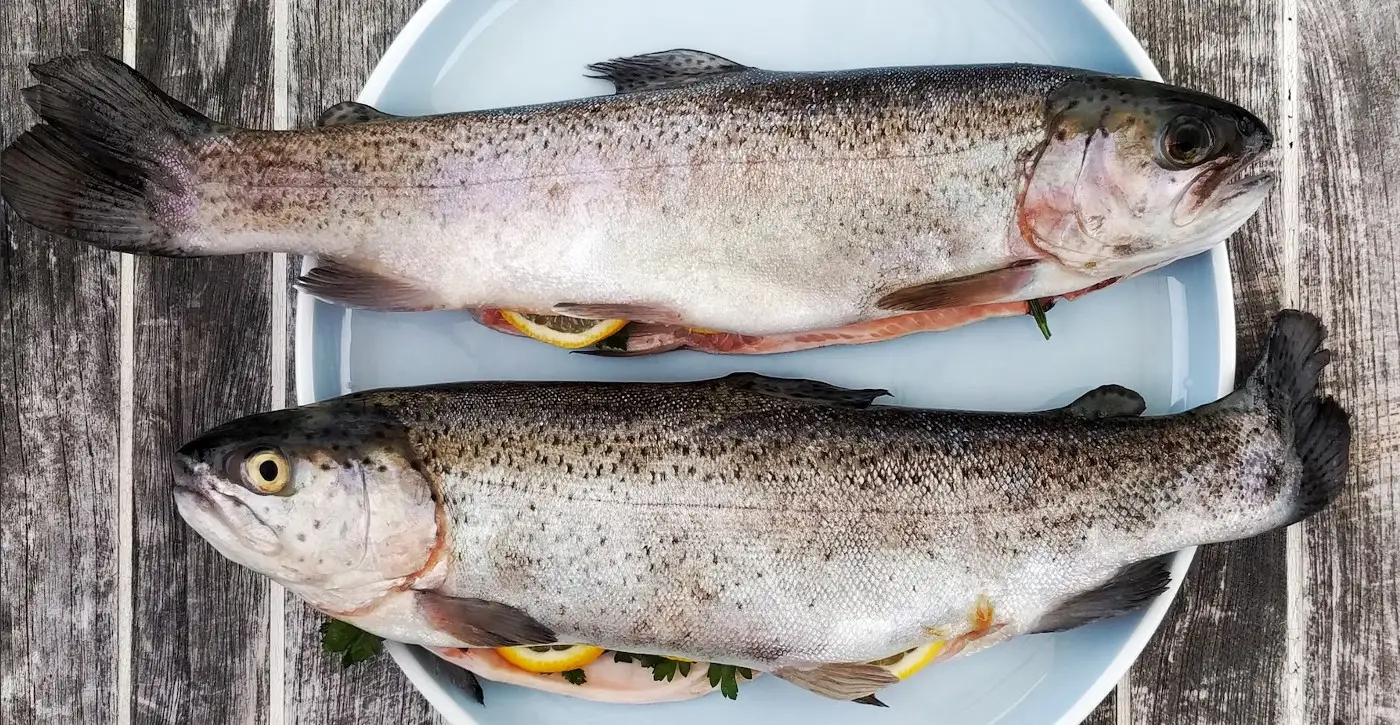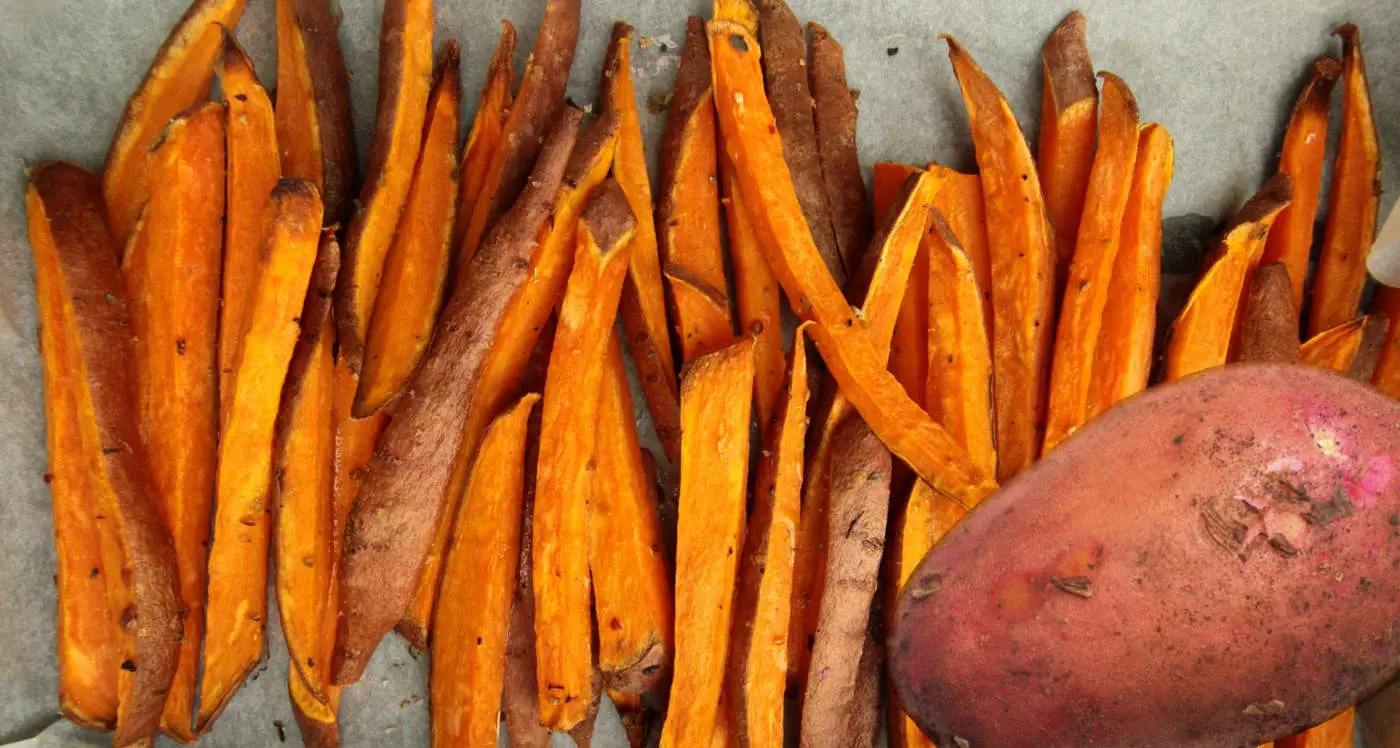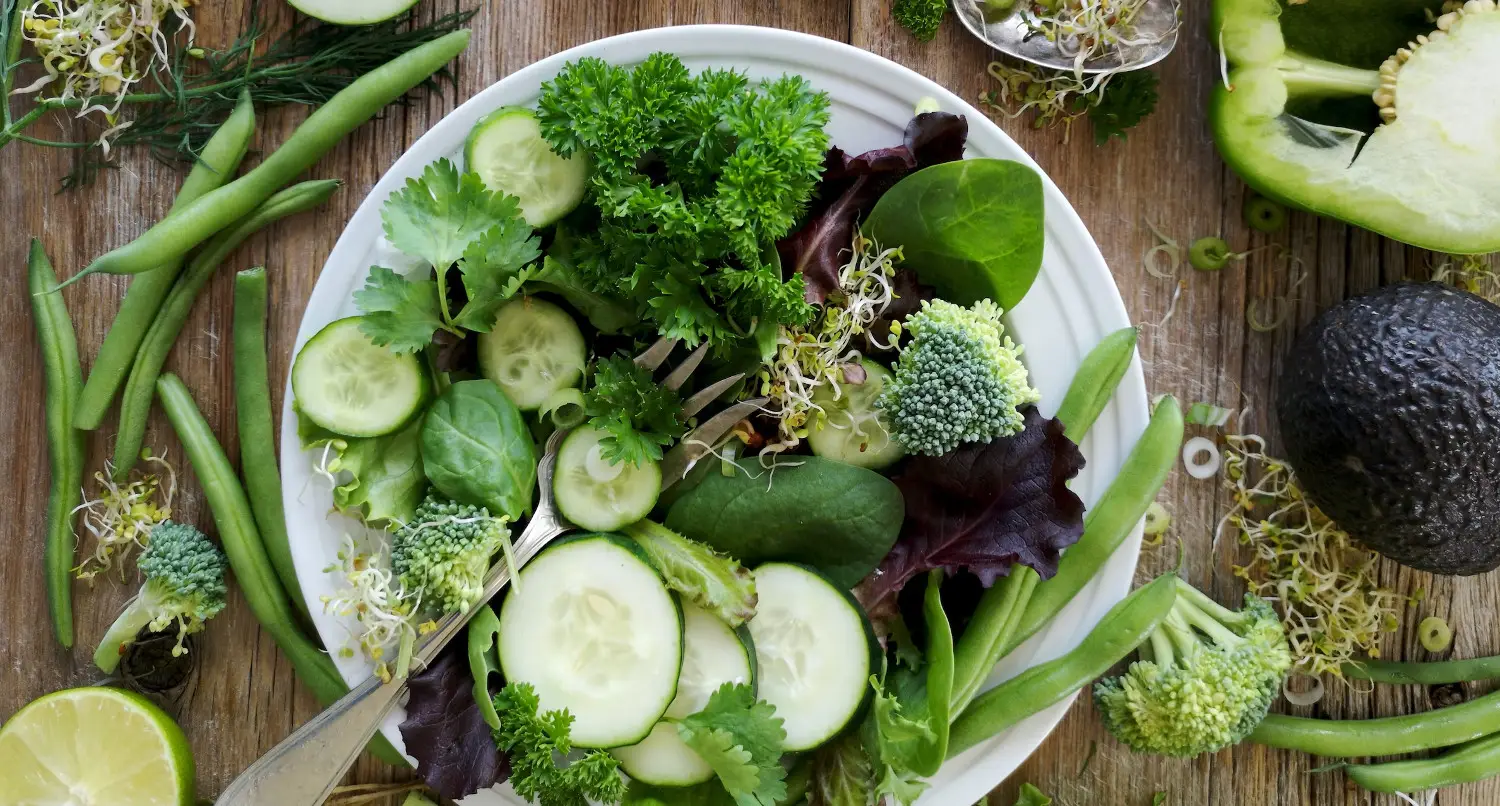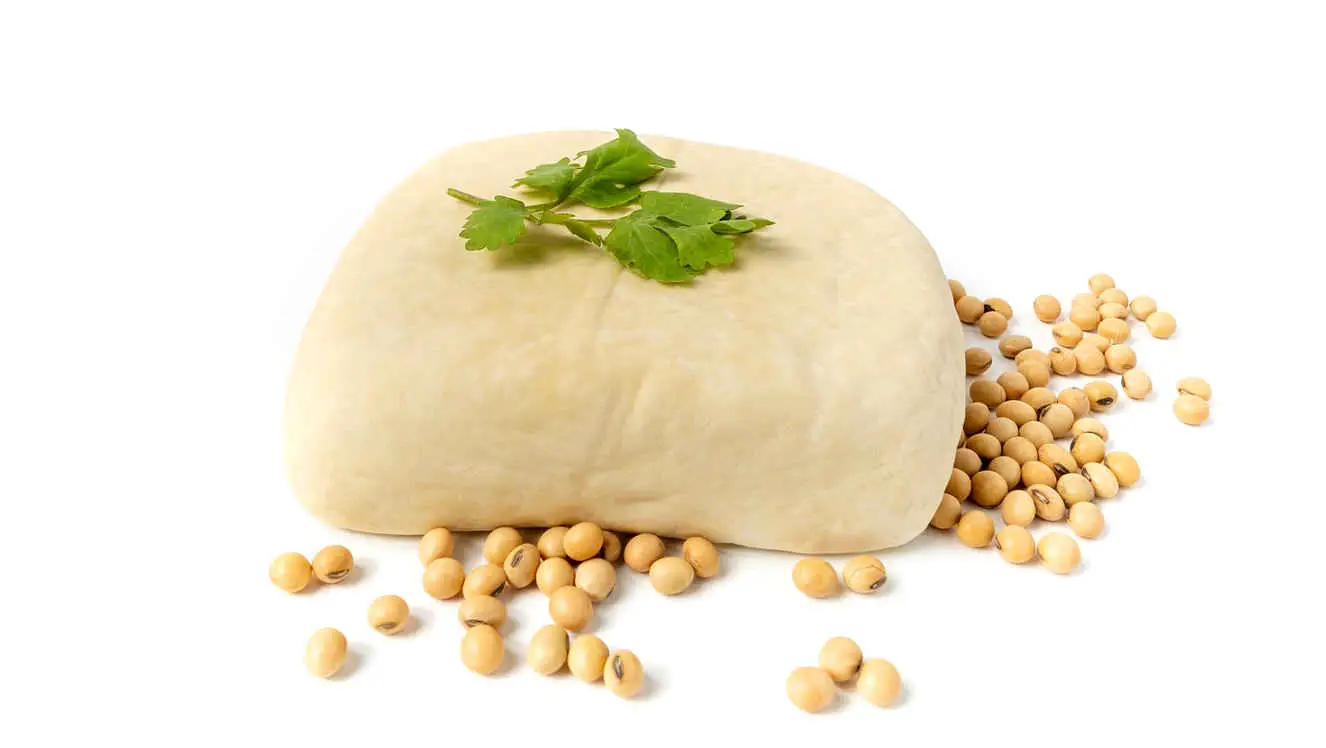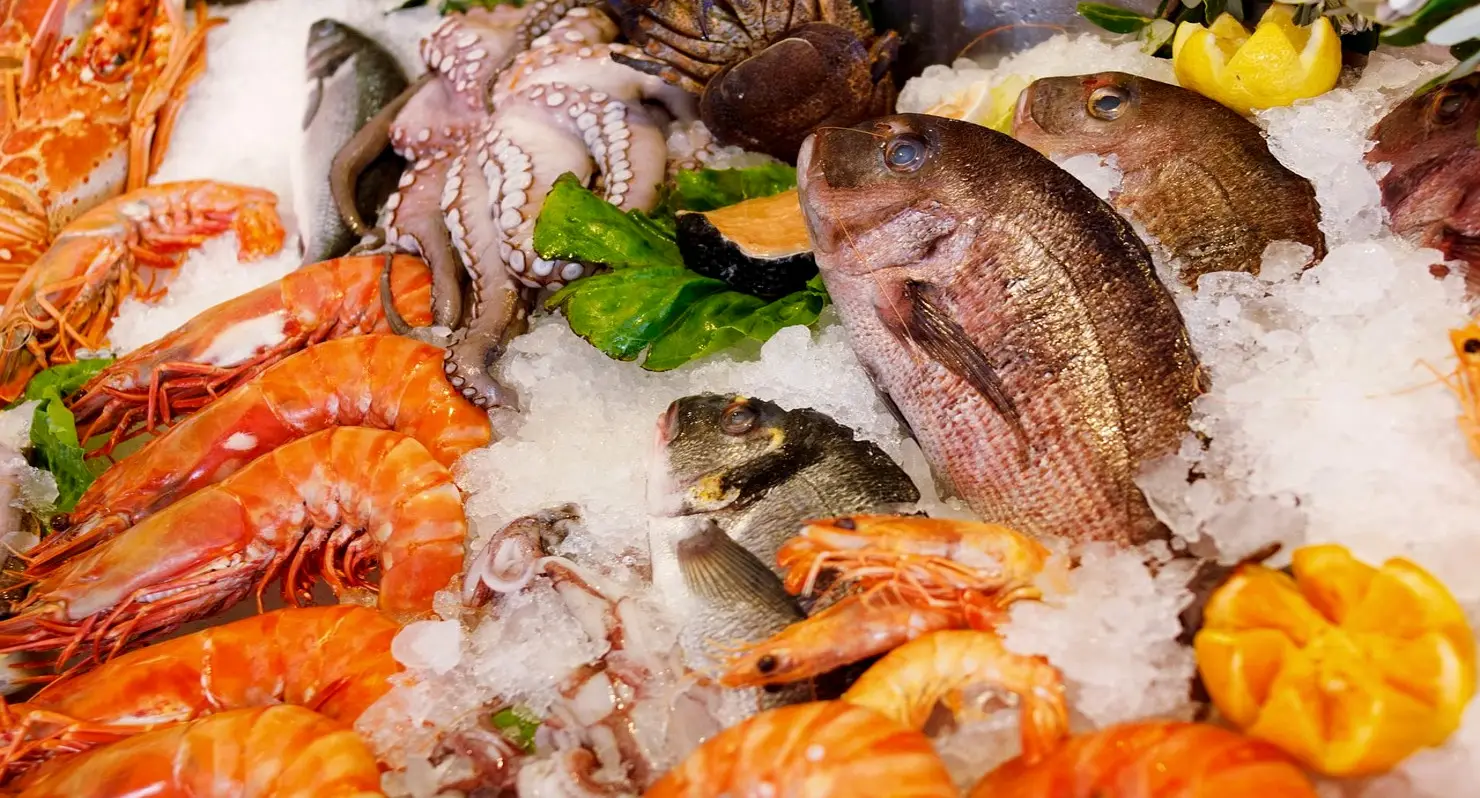Olive Oil Lysine and Arginine Info Sheet
Overview
Olive oil is a liquid fat obtained from olives, a fruit of the olive tree.It is used for cooking, salad dressing, and cosmetics.
Olive oil is rich in monounsaturated fatty acids, which can lower the risk of cardiovascular disease.
Olive oil also contains antioxidants, such as phenols and vitamin E, that can protect against oxidative stress and inflammation.
| Name | Lysine (mg/100g) | Arginine (mg/100g) | Ratio |
|---|---|---|---|
| Olive Oil | 0mg | 0mg | 1 |
Olive Oil contains 0mg of Lysine and 0mg of Arginine per 100g of product.
This means Olive Oil has a neutral Lysine-Arginine ratio of 1.
Because Olive Oil has a neutral ratio of lysine and arginine, it does not have a significant impact on people who suffer from herpes, as it does not affect the viral activity.
Lysine Considerations
Olive oil does not contain any lysine, which is an essential amino acid that the body cannot produce.
Lysine is important for protein synthesis, collagen formation, and immune function, but it is only found in protein-rich foods.
Because oils only contain fat, they are not a source of lysine.
It is one of the nine amino acids that the human system cannot make by itself, so it has to come from the food we eat.
Lysine has a variety of functions in the body, such as helping with growth, healing, energy, immunity, and collagen production.
Lysine may also have some effects on the herpes virus, which causes cold sores and genital sores.
Studies have suggested that taking lysine supplements or applying lysine cream may help prevent or treat these infections by blocking the amino acid arginine, which the virus needs to grow.
Arginine Considerations
Olive oil does not contain any arginine, which is a semi-essential amino acid that the body can produce in limited amounts.
Arginine is important for nitric oxide production, blood vessel dilation, and wound healing.
Like lysine, it is only found in protein-rich foods. Because oils only contain fat, they are not a source of lysine.
Arginine has different functions in the body, including wound healing, helping the kidneys remove waste products from the body, and maintaining immune and hormone function.
Arginine also plays a role in the replication of the herpes virus, making it a key factor in cold sore outbreaks.
The herpes virus requires arginine to grow, replicate, and create new herpes viruses.
Foods high in arginine, such as nuts and chocolate, may increase the frequency and severity of these outbreaks.
Lysine-Arginine Ratio
Olive oil does not contain amino-acids and thus has a neutral lysine-arginine ratio.
This means it does not affect the lysine-arginine balance in your diet and has no implications on the herpes simplex virus (HSV) in the body.
That said, olive oil may have other benefits for HSV prevention or treatment, such as anti-inflammatory and antiviral properties.
Both lysine and arginine are important for protein synthesis and other bodily functions.
The two compounds can affect the herpes simplex virus, which is responsible for cold sores and genital herpes, in opposite ways.
Lysine can the human body or stop the virus from reproducing, while arginine can help it propagate.
Eating foods with a high lysine-arginine ratio could help lower the appearance and severity of herpes symptoms.
Some foods that have a high lysine-arginine ratio are milk, cheese and yogurt, fish, poultry, fruits, and vegetables.
These foods can give the body enough lysine to prevent the virus from taking up arginine, and thus stop its growth and spread.
Dietary Considerations
Fats and oils are a type of macronutrient that provide energy and help absorb fat-soluble vitamins.
Cooking oils have no protein and therefore are neutral for lysine and arginine.
Some types of vegetable oils can be healthier to include in your diet, as they can lower cholesterol and inflammation.
Some examples of healthy cooking oils are olive oil, canola oil, and sunflower oil.
Butter and margarine have low amounts of lysine and arginine, but they are not as healthy as cooking oils.
Butter and margarine can increase the risk of cardiovascular diseases and obesity.
Oil is a fat extracted by plants that is in a liquid state at room temperature.
It is used in cooking for frying, baking, and as a dressing or marinade.
Some oils, such as olive oil, coconut oil, and avocado oil are high in healthy fats and can be beneficial for heart health.
Oils have negligible amounts of lysine and arginine and can be used freely in a diet for people with herpes.

For example:
Drinking enough water to keep yourself hydrated and remove toxins from your body.
Water can also help prevent dryness and irritation of the skin and mucous membranes, which can result in fewer outbreaks.
You may want to take l-lysine supplements.
L-lysine is known to prevent herpes outbreaks and it can help stop a cold sore in its initial stages by "starving" the virus of arginine before it has a chance to cause a cold sore.
Pain, swelling, and itching can be reduced by eating foods that have anti-inflammatory, antiviral, and antibacterial properties, such as honey, yogurt, aloe vera, and chamomile.
These foods can also help you heal faster by promoting tissue repair.
Check more food information
